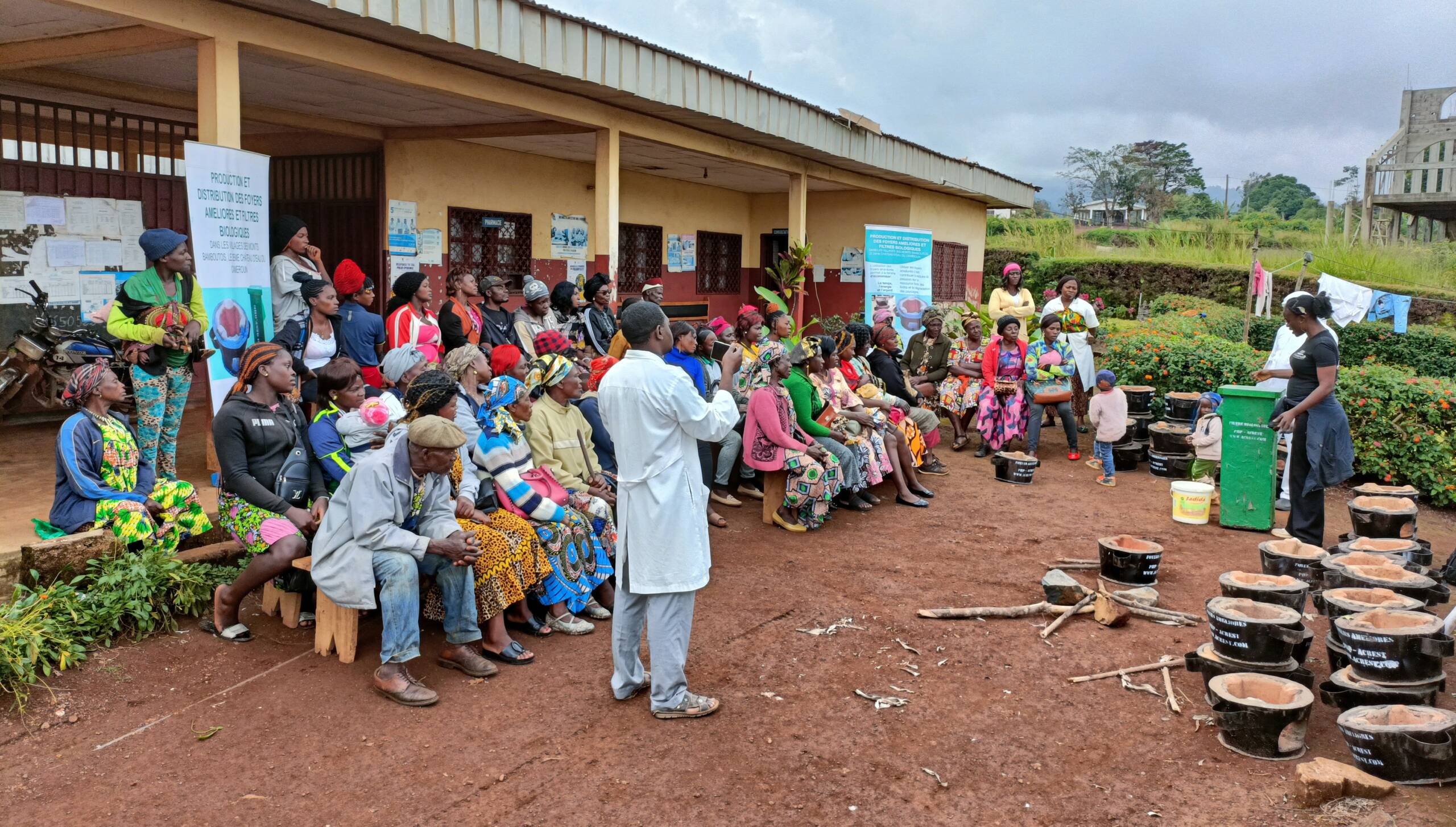By Simone Mboule | ACREST, Cameroon
The Bamboutos Mountains are a marvel, a volcanic massif stretches across three regions of Cameroon at an altitude of 2300m. The mountains serve as Cameroon’s second most important hydrological basin after the Adamawa Plateau. The mountains are also an attractive tourist site.
However, human activities such as agriculture, livestock farming, deforestation for energy and timber, and urbanization have drastically accelerated the degradation of these magnificent landscapes. Unfortunately, the effects of this over-exploitation are fully visible in environmental, social, health and economic terms.
Effects of overexploitation of the Bamboutos Mountains’ resources
First and foremost, in environmental terms, there is a loss of plant cover and depletion of wildlife diversity in the mountains leading to a lack of water in the dry season and landslides during the rainy season. And the water that is available is often contaminated and unsanitary, resulting in frequent cases of water-borne illness and hospitalization. Increased hospitalizations have a huge impact on family budgets and the broader economy.
Wood has become scarce and expensive due to over harvesting. Women, in particular, spend more time and energy travelling long distances to collect firewood for cooking. And soil has been degraded and is unfortunately no longer as productive as in the past.
Alternative solutions proposed by ACREST
Although human activities have contributed significantly to the accelerated degradation of the Bamboutos Mountains landscape, ACREST, a Presbyterian Hunger Program partner, is proposing a number of solutions for local sustainable development. These range from renewable energies and appropriate technologies to reforestation.
In terms of energy, and more specifically biomass energy, the first solution for reducing pressure on wood resources is the “sweet mother” improved stoves. Unlike the three-stone fireplace traditionally used locally for cooking, which consumes an average of 6 pieces of wood for cooking, the improved stove consumes only 2 small pieces. What’s more, the improved stove insulates the heat so that it is transmitted directly to the cooking pot, limiting energy losses during cooking. As a result, the meal cooks faster. And women, who do most of the cooking and wood gathering, save time, energy and, of course, money. The second solution is ecological charcoal made from agricultural waste or household refuse. It is used to replace charcoal and firewood. And thirdly, ACREST has developed biological water filters made from quarry sand and gravel to prevent waterborne illness.
International grant from the Prebyterian Hunger Program
Thanks to an international grant from the Presbyterian Hunger Program (PHP) in 2023, ACREST was able to produce and distribute 250 improved stoves and 50 water to vulnerable families in 26 villages in the Bamoutos Mountains, impacting more than 2000 people directly. The improved stoves were primarily distributed for family use, while the majority of the biological water filters were intended for public use. Specifically, 5 health centers, 4 nursery schools, 8 elementary schools, 2 secondary schools, 8 chiefdoms, 6 churches, and 8 families were equipped with water filters.
These initiatives are having a positive impact on health in the communities as well as the environment. The communities express their gratitude to ACREST and the grant from PHP that made these initiatives possible. Demand for improved stoves and biological water filters is growing as news of their effectiveness is spreading by word of mouth.
The work of the Presbyterian Hunger Program is possible thanks to your gifts to One Great Hour of Sharing.
